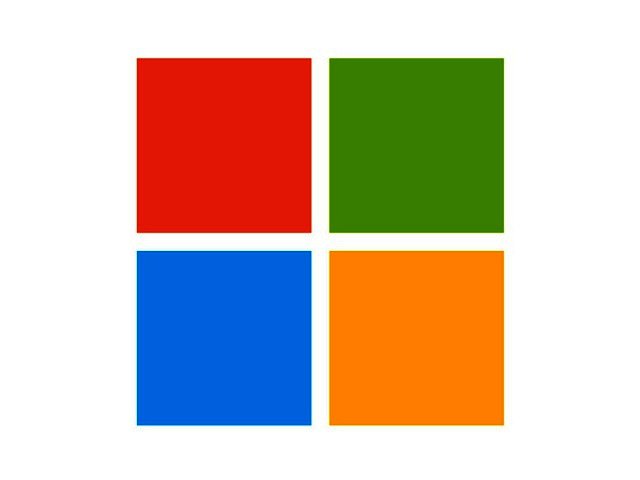Today is international Safer Internet Day (SID) on which people and organisations commit to promote safer and more responsible use of technology, particularly among children and young people. In order to take the first step in turning this situation around, Microsoft is challenging people around the world to embrace “digital civility” and treat each other with respect and dignity online.
Angela Schaerer, Teacher Engagement lead for Microsoft South Africa believes “Digital Civility” is everyone’s responsibility and that the ultimate aim is to encourage South Africans to be accountable for their online behaviour and to serve as role models and/or champions for others.
“Embracing “digital civility” will give us an opportunity for a “digital reset” – a time to take stock of online habits and practices to ensure we’re putting our best digital foot forward and in doing so it will make it easier to establish and help foster safe as well as inclusive interactions online,” says Schaerer.
Last year, Microsoft conducted research among adults and teenagers in 14 countries to study the level of civility across various online interactions. These results expand on the behavioural component of Microsoft’s Computer Safety Index (MCSI) by examining the extent of negative civil and personal safety interactions and their consequences
South Africa ranked in 14th place in the Digital Civility Index, making it the country with the highest online risk exposure and lowest degree of Digital Civility out of all the nations surveyed including Australia, Germany, India, France, the UK and US. The survey polled teens (ages 13-17) and adults (18-74), asking about their experiences and encounters with 17 different online risks across four categories, namely behavioural, reputational, sexual and personal/intrusive.
Contributing to this poor result is the fact that 78% of participants surveyed reported having been exposed to an online risk, which exceeds the international averages for both Intrusive and behavioural risks. Moreover, South Africans encountered reputational risks more often than international (22% vs. 18%) and this is led by doxing (14%) and damage to personal reputation (11%). Doxing is the practice or researching and then broadcasting private information about someone online.
Microsoft has a long-standing commitment to online safety and conjunction with SID are rallying global consumers to take the Digital Civility Challenge. The goal of the Challenge is to raise awareness about the need for “digital civility” and to pledge to every day live up to the four Digital Civility Challenge ideals:
1. Live the Golden Rule. I will act with empathy, compassion and kindness in every interaction, and treat everyone I connect with online with dignity and respect.
2. Respect differences. I will appreciate cultural differences and honor diverse perspectives. When I disagree, I will engage thoughtfully and avoid name calling and personal attacks.
3. Pause before replying. I will pause and think before responding to things I disagree with. I will not post or send anything that could hurt someone else, damage my reputation, or threaten my safety or the safety of others.
4. Stand up for myself and others. I will tell someone if I feel unsafe, offer support to those who are targets of online abuse or cruelty, report activity that threatens anyone’s safety, and preserve evidence of inappropriate or unsafe behaviour.
“The road to change starts at home, at school and in the office. We are asking all internet users to pledge their digital civility on social media using the hashtags #challenge4civility and #Im4digitalcivility,” concludes Schaerer.





